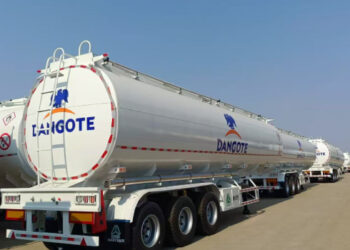In Nigeria’s ever-shifting economy, one constant has quietly underpinned growth: family-owned businesses.
For decades, they have been ingrained in society, shaping the country’s economic trajectory while weathering downturns, policy shifts, and volatile market cycles.
According to a study by McKinsey, family-owned businesses account for more than 70% of global GDP, generate annual turnovers of between $60 trillion and $70 trillion, and provide around 60% of global employment.
From trading outposts that evolved into sprawling conglomerates to food processors that turned local produce into export-ready products, these enterprises reflect the resilience and ingenuity that define Nigeria’s private sector and some parts of its public sector.
Their growth stories are not just about survival in sticky economic climes, but about steering directional change in key sectors of Africa’s largest economy.
Methodology
This spotlight draws companies with founding roots in Nigeria that have grown to serve wider markets across Africa and beyond. Each has been in operation for at least 25 years, with demonstrable succession in managerial or directorial roles within the family.
We also examined their journey maps, market expansion, brand strength, and institutional resilience using only publicly available data. This list is not exhaustive; many more family-owned firms continue to shape Nigeria’s economy outside the public eye.

Family: The Folawiyos
Founded in 1957 by the late Chief Wahab Iyanda Folawiyo, the Yinka Folawiyo Group has grown from a commodity trading business into one of Nigeria’s most diversified family-owned conglomerates. Beginning with sugar, cement, dairy, and frozen fish, the group quickly expanded into shipping, creating Maritime Associates International and Nigerian Green Lines, building one of Africa’s largest privately owned fleets.
In the 1970s, the family entered real estate with United Property Developers, delivering landmark projects across Lagos, before moving into oil and gas in 1982 with Yinka Folawiyo Petroleum, now operating the Aje field. The group later expanded its energy portfolio through Folawiyo Energy and Enyo Retail & Supply, while Folawiyo Farms diversified into agriculture.
Since 2008, Tijani Babatunde Folawiyo, the founder’s son, has led the group, upholding family governance principles while driving growth. Today, the Yinka Folawiyo Group remains a key family-owned enterprise shaping Nigeria’s industrial and economic development.

























